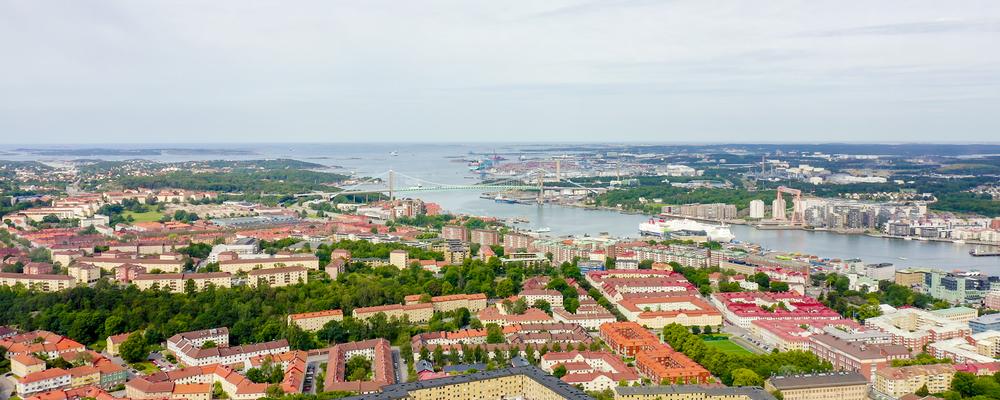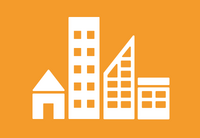
Goal 11 – Sustainable cities and communities
Our research on sustainable cities and communities covers a wide range of issues. This can involve international conditions, but more commonly relates to environments within our own city of Gothenburg or the surrounding area. Our research addresses everything from urban planning issues, municipal organisation and governance to social challenges relating to segregation and increased inequality. The focus tends to be on innovation projects aimed at renewing and transforming urban life in the direction of ecological, social or economic sustainability.
There are research questions within several different disciplines, including management, organisation, finance, logistics, human geography and law. The methods and approaches may vary, but there is often a common empirical basis that is studied in development and innovation projects.
Segregation and greater inequality
The Gothenburg region is growing. Investments in new housing, offices and infrastructure have been forecast at SEK 1,000 billion by 2035, and the population is expected to rise to 2.5 million over the next 30 years. At the same time, Gothenburg is becoming an increasingly unequal city, with significant differences between districts in terms of income, health and trust in society’s institutions. Housing segregation and crime add to the strain on the city. Several projects relate to issues such as how we can reverse the direction in which an area is heading, for example through investments in civil society or through the management and organisation of residential areas.
Cooperation and financial management
The construction sector is booming, and several researchers are working on business models, investment processes and conditions for cooperation. This requires advanced financial management of municipal and private organisations within the framework of sustainable property development and sustainable transport and energy systems.
The relationship between regulatory frameworks and a practical approach
The urban planning process is extremely complex, and the journey from initial idea to finished urban development takes several years. The process must take into account many different interests that are not always compatible. The basic structure is legal, and legal aspects are often called into question and debated. One research question is thus the relationship between regulatory frameworks and a practical approach, where a system of action emerges that will ultimately realise the sustainable city.
Transport and logistics
Sustainable cities also require sustainable transportation and transport chains. A number of researchers are working on issues relating to logistics, transport chains and urban freight transportation. Other projects address the safe and sustainable transportation of dangerous goods, such as explosive, toxic, flammable and radioactive goods.
International perspectives
Some projects take a more outward-looking approach, studying cities in Africa and South America with a focus on aspects such as informal population concentrations, poverty-related challenges and the conditions for economic development.

Sustainable cities and communities
Make cities and human settlements inclusive, safe, resilient and sustainable.
